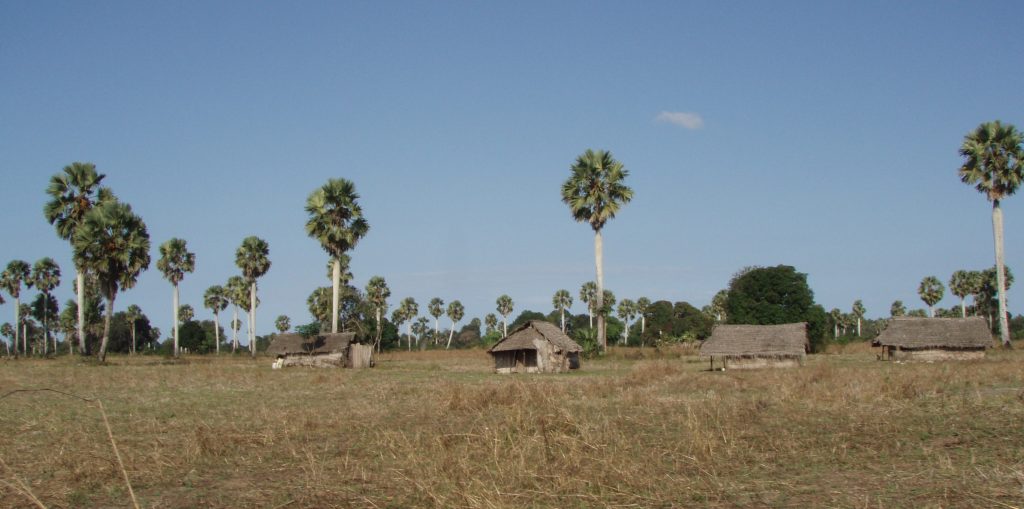
Title | Changing land use and forest management practices and multidimensional adaptation strategies in Zanzibar, Tanzania |
Year | 2010-2013 |
Leader | UTU Geography (N. Käyhkö) |
Funding | SA/Academy of Finland (Development Research) |

The research project studied prevailing land use and forest management practices and their historical changes and associated socio-economic values in Zanzibar Islands. The aim was to sketch multidimensional land use and forest management alternatives that are adaptive and scalable in nature and founded on site-specific understanding. The research was funded by the Academy of Finland and the partnering universities, University of Turku, Finland and University of Dar es Salaam, Tanzania.
The argument was that negative land cover change is accompanied with diminished socio-economic opportunities and poverty. To invert the negative development, research and administration need to collaborate in designing, testing and establishing improved land use and management strategies, and that these strategies should be adaptive i.e. incorporate learning in the process, place-specific to successfully target the management actions and participatory to ensure long-term public commitment in common goals.
The main objective was to analyse spatial patterns and main changes of the forested/wooded land covers and land uses locally and regionally in Zanzibar islands. This information was linked with analyses of site-specific patterns of socio-economic forest land use values of selected stakeholders and used in characterisation and typification of forested environments and their expected developments in Zanzibar.
This knowledge base was used to sketch adaptive forest and land use management alternatives that are spatially scaled, ecologically viable and socio-economically sustainable for Zanzibar. On top of the scientific goals, the team aimed to suggest monitoring mechanisms for measuring land use and forest development and the success of management activities in the long run.
The project also dedicated to support and strengthen applied uses of geoinformation technologies (remote sensing, ecosystem monitoring, participatory methods, GIS) in land and forest resource assessments in Zanzibar islands through collaboration with the Zanzibari forest authority.
The main tasks included:
1. Produce local and regional level spatio-temporal data of forest land use/land cover patterns, changes and associated stakeholders’ social values
2. Map and characterise forested land covers and their physiographic patterns in Zanzibar
3. Up-scale and extrapolate established local and regional level information into national level forest land use and socio-economic characterisations
4. Sketch ecologically and socio-economically sustainable forest land use alternatives and adaptive management practices at local and regional scales, with suggested monitoring mechanisms.